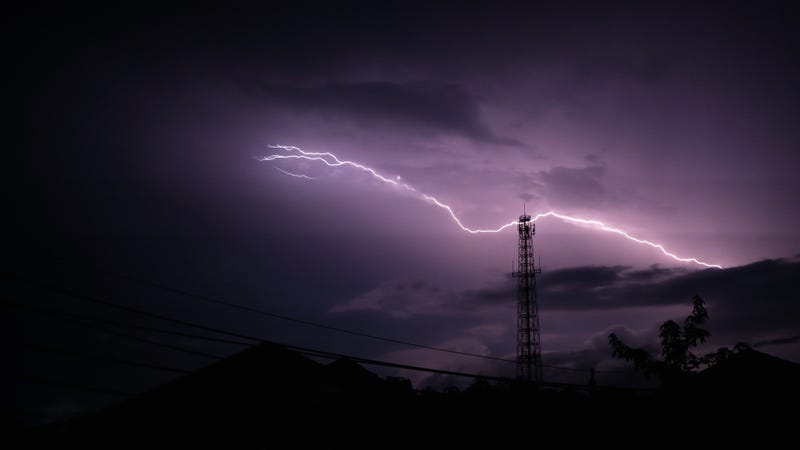
U.S. Senator Jerry Moran (R-Kan.) – member of the Senate Committee on Commerce, Science and Transportation – joined Sens. Ted Cruz (R-Texas) and Maria Cantwell (D-Wash.) in introducing the NOAA Weather Modernization Act; they say it will modernize weather radio equipment to enhance the reliability of emergency communications during severe weather, and bolster the nationwide accessibility of critical warnings. This legislation is also co-sponsored by Sens. Dan Sullivan (R-Alaska), Brian Schatz (D-Hawaii) and Gary Peters (D-Mich.).
“Recent severe weather across the country is a grave reminder of the need for a modernized emergency weather alert system,” said Sen. Moran. “This legislation would improve alert systems in rural parts of the country with limited access to mobile broadband service, emergency warning systems or satellite coverage. It incorporates part of my legislation, the FORECAST Act, to protect critical National Weather Service employees from federal hiring freezes. It is essential that weather forecasting offices in every corner of the nation remain staffed so Kansans and all Americans have access to accurate, life-saving, 24/7 forecasting coverage.”
The National Oceanic and Atmospheric Administration (NOAA) maintains a network of more than 750 NOAA Weather Radio (NWR) stations, which includes more than 1,000 transmitters covering all 50 states and the U.S. territories. NWR broadcasts weather information, including emergency weather alerts and local hazard information from the nearest National Weather Service office, playing a critical role in protecting lives and property. Local news stations often urge citizens to incorporate NWR as part of their emergency preparedness plans during severe weather.
Although the public often relies on cell phones, computers and cable service to receive hazard warnings and communication, radio is often the primary source of information in rural and remote regions where cell and internet service are lacking. Even in urban areas with cell coverage, power outages triggered by severe weather events, such as a thunderstorm or a tornado, can disrupt cell and internet communications, making radio one of the few reliable options.
